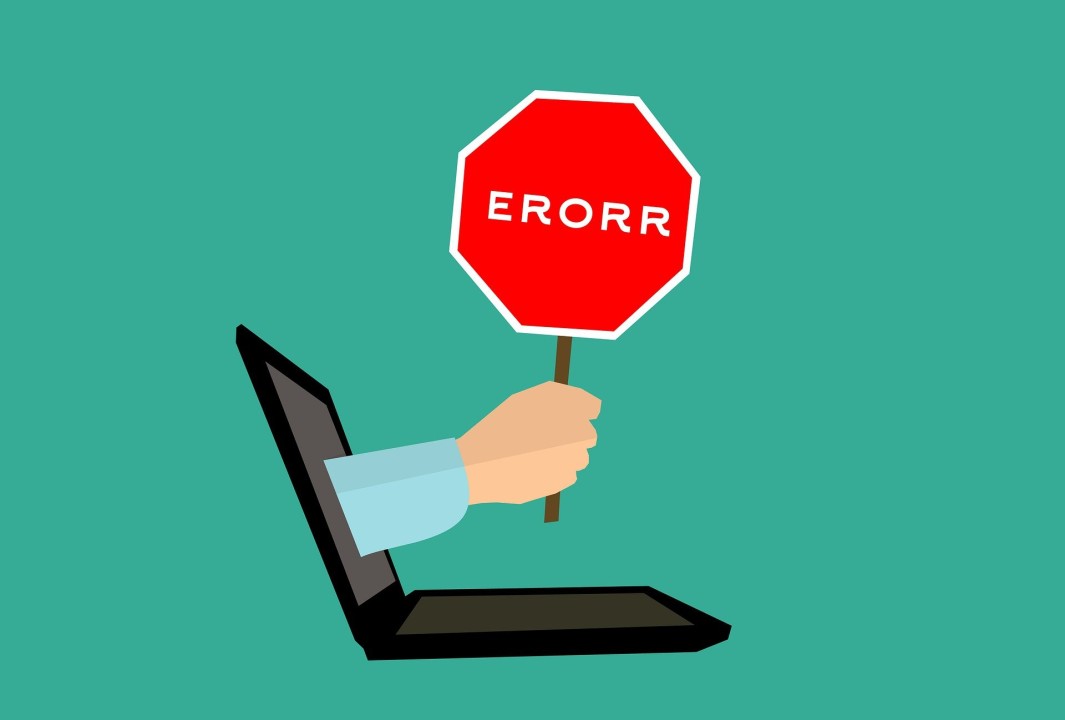
Music distribution is an essential step for artists and labels to ensure that their music reaches audiences through digital platforms like Spotify, Apple Music, YouTube, and others. However, the process can sometimes be fraught with challenges. Errors in music distribution, ranging from technical glitches to incorrect metadata, can cause delays, misidentifications, or even removal from platforms. In this article, we’ll dive into the most common errors artists face during the distribution process and provide effective strategies for resolving them.
1. Metadata Mistakes
One of the most frequent issues in music distribution is incorrect metadata. Metadata refers to the information associated with a song or album, such as the song title, artist name, album name, release date, genre, and more. If this data is inaccurate, it can result in significant problems, including songs being misattributed to the wrong artist or appearing in the wrong genre. Here are common metadata issues:
- Wrong Song Titles or Artist Names: This often happens when files are mislabeled or if the artist’s name is entered incorrectly.
- Inconsistent Album Art: Distributors have strict guidelines regarding the size and resolution of album artwork. Incorrectly sized artwork can delay the release.
- Incorrect Release Dates: Distributors may automatically release music based on the provided date. Errors in release dates can cause your music to appear too early or too late.
How to Resolve Metadata Errors:
To avoid these issues, artists should meticulously check their metadata before submitting it to their distributor. Most platforms allow artists to make corrections after submission, though this can lead to delays. If metadata errors are identified after distribution, contacting the distributor’s support team is essential to request corrections.
2. Rights Management and Licensing Issues
Ensuring you have the correct rights and licenses for your music is crucial. Problems can arise if you’ve sampled other artists’ work or collaborated with other creators without securing the proper agreements. If you fail to clear samples or don’t have proper licenses for cover songs, your track can be taken down from digital platforms, or worse, you could face legal action.
How to Resolve Licensing Issues:
Before submitting your music, double-check that all necessary licenses are in place. For example, if you’re releasing a cover song, you need a mechanical license to distribute it. Similarly, if you’ve collaborated with another artist, ensure you have signed agreements outlining ownership percentages and rights. If licensing issues are discovered after distribution, most platforms provide an opportunity to submit proof of licensing to avoid track removal.
3. Technical Glitches and File Formatting Problems
File formatting errors are another common issue that can cause delays or prevent a release altogether. Most distributors require files to be in a specific format, such as WAV or MP3, with specific quality standards. Submitting files that don’t meet these specifications can cause your music to be rejected by the platform.
How to Resolve File Formatting Issues:
To avoid formatting issues, always check your distributor’s guidelines before submitting your music. Ensure that your files are in the correct format (e.g., 16-bit WAV or 320 kbps MP3) and meet the necessary quality standards. If a technical glitch occurs after submission, contact your distributor’s technical support team, who can guide you through resubmitting the correct files.
4. Release Delays
Sometimes, even if everything seems correct, release delays still occur. This can be due to factors like volume overload on distribution platforms, regional restrictions, or back-end issues on the platform itself. These delays can be frustrating, especially if you’ve planned your marketing efforts around a specific release date.
How to Resolve Release Delays:
The key to managing release delays is preparation. Submit your music well in advance of your planned release date. Most distributors recommend submitting music at least four weeks before your intended release. If delays still occur, stay in close contact with your distributor and keep your audience informed. Use the delay as an opportunity to build anticipation for your release.
5. Audio Quality Issues
Distribution platforms expect a certain level of audio quality, and low-quality audio files may either be rejected or reflect poorly on your brand. Problems with the mix, mastering, or file compression can lead to audio quality issues during the distribution process.
How to Resolve Audio Quality Issues:
Before submitting your music, ensure that the audio is mixed and mastered professionally. Avoid over-compressing your files, as this can reduce the audio quality. Test the audio on different devices to ensure it sounds great everywhere. If quality issues are identified after distribution, many distributors allow you to resubmit higher-quality files without taking down the original release.
6. Revenue Loss from Distribution Errors
Distribution errors can lead to revenue loss, particularly if your music is delayed or not distributed to the intended platforms. Missing out on streams, sales, or royalties due to distribution mishaps can be a significant setback for independent artists.
How to Prevent Revenue Loss:
The best way to avoid revenue loss is to be proactive and ensure that your distribution is error-free from the start. Additionally, regularly monitor your sales and streaming data through your distributor’s dashboard to catch any discrepancies early. If you notice any issues, contact your distributor immediately to resolve the problem.
Conclusion
Errors in music distribution are not uncommon, but they don’t have to derail your music career. By taking a proactive approach, thoroughly checking metadata, ensuring proper licensing, and following technical guidelines, you can minimize the chances of distribution errors. If issues do arise, quick communication with your distributor’s support team can help resolve them efficiently, ensuring that your music reaches your audience smoothly and on time.







